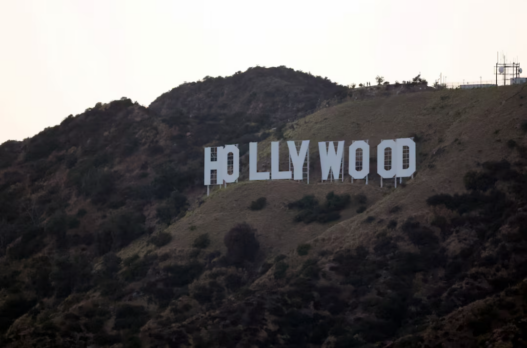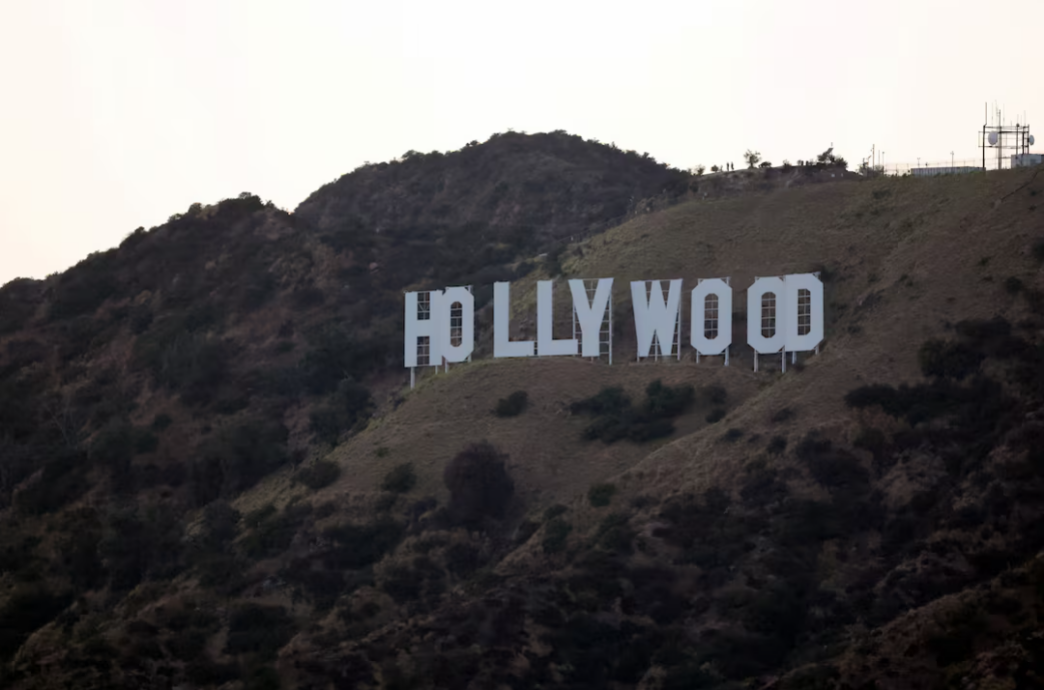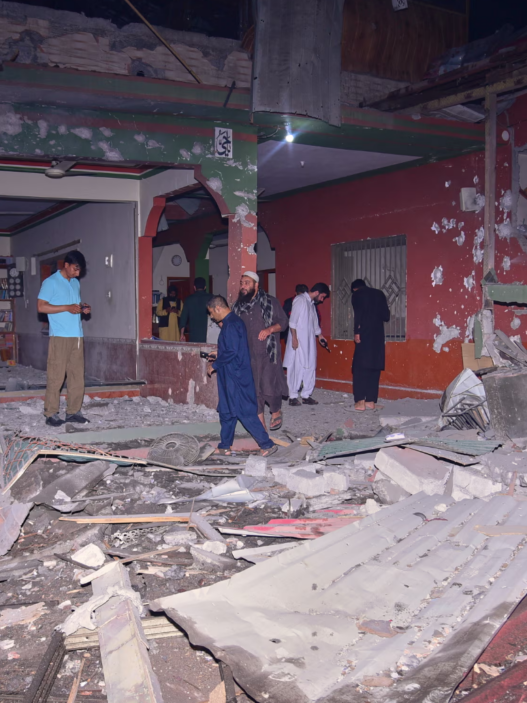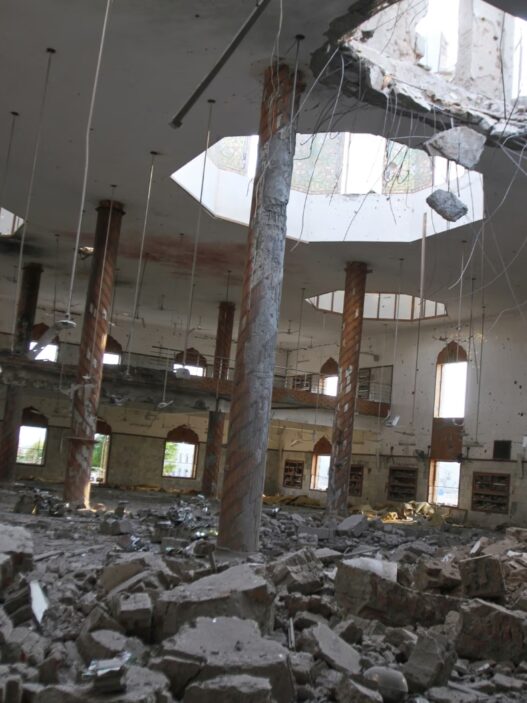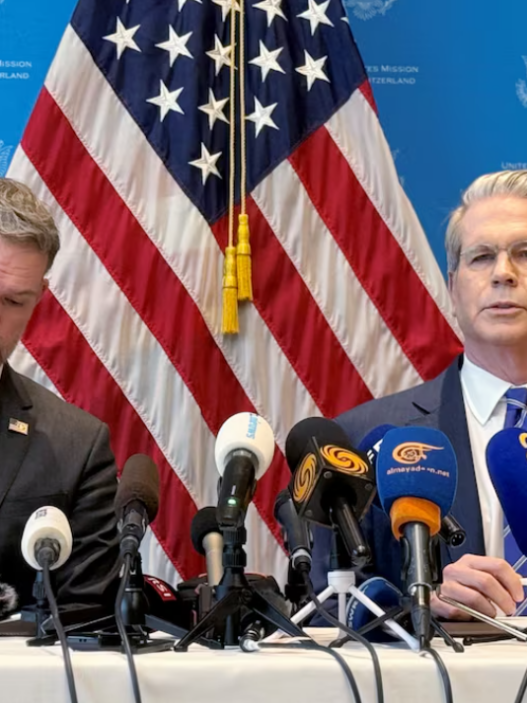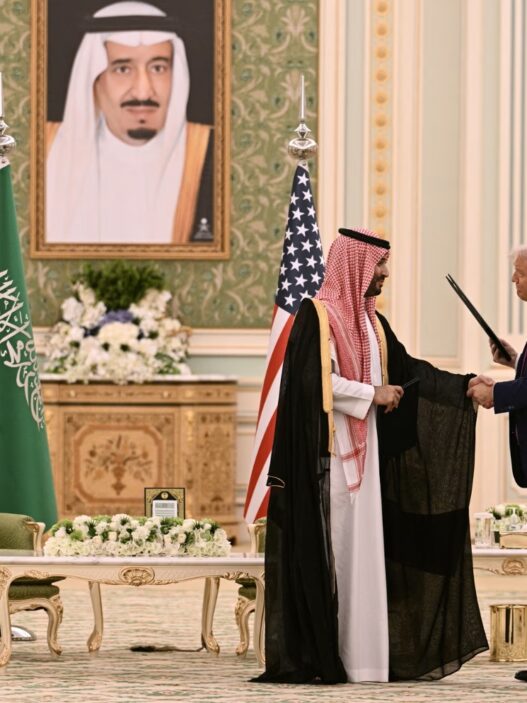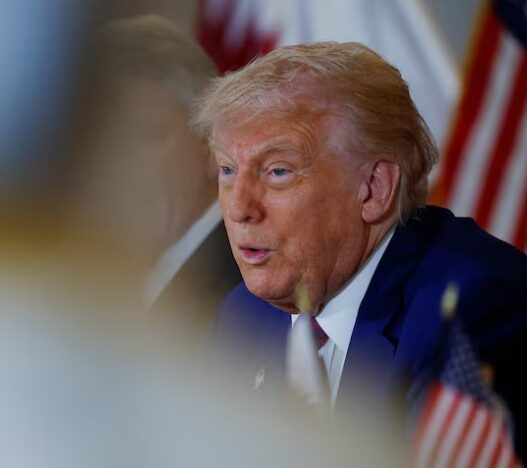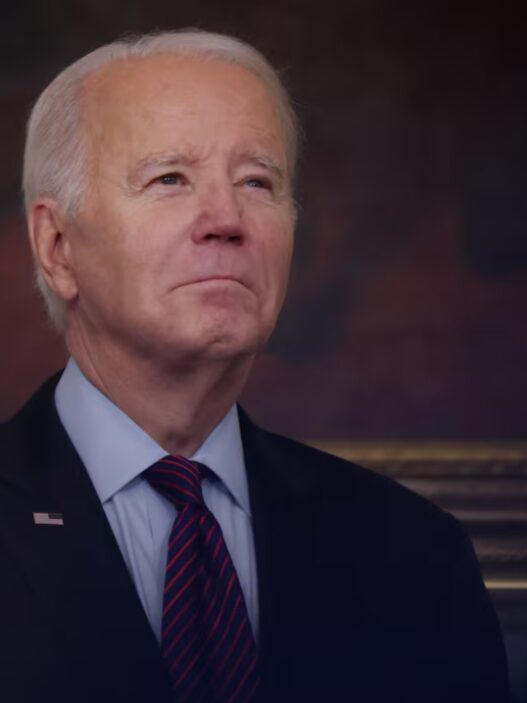Former U.S. President Donald Trump announced on Sunday a sweeping 100% tariff on all films produced outside the United States. He claims America’s movie industry is “rapidly dying” because other nations offer tempting incentives to attract filmmakers.
A National Security Issue, Says Trump
Speaking on his platform, Truth Social, Trump said this is not just about money. He believes the issue is a “coordinated effort by other countries” that poses a risk to national security.
“It’s more than just an economic threat,” he wrote. “It’s about messaging and propaganda too.”
He said he had ordered the Department of Commerce and related agencies to begin applying the new tariffs immediately.
“We want to make movies in America again!” Trump declared with emphasis.
Commerce Secretary Howard Lutnick echoed the message. On X, he posted: “We are working on this.”
However, neither Trump nor Lutnick gave any clear details about how the tariff would be carried out.
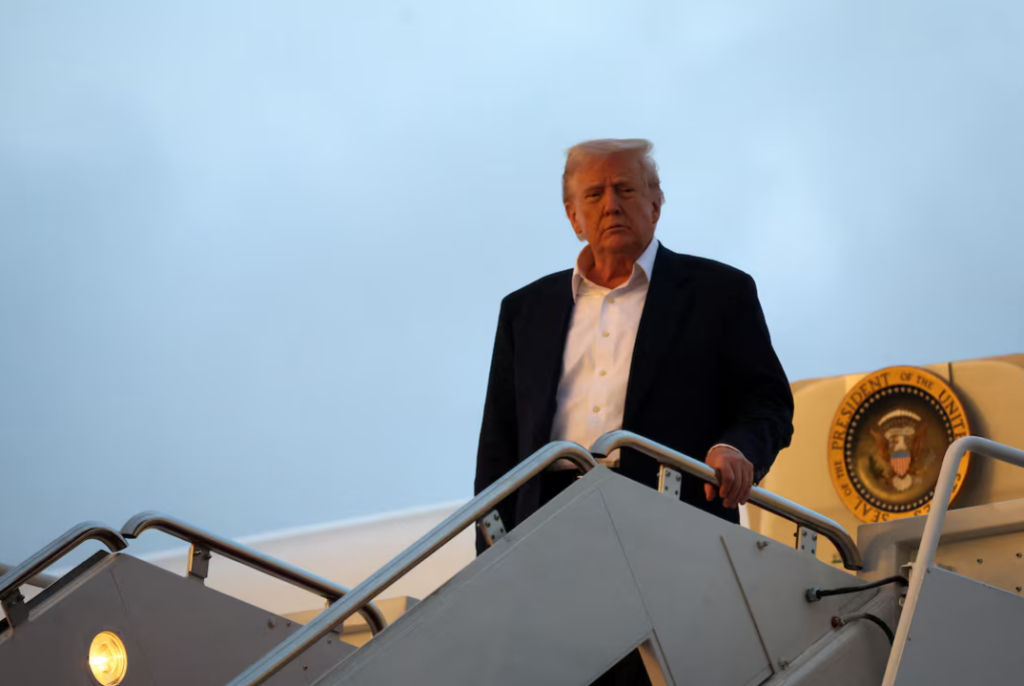
Key Details Remain Unclear
It’s uncertain whether the tariffs will apply to movies released through streaming services or those shown in theaters. It is also unclear if the cost will be based on production budgets or box office results.
On Sunday night, Hollywood executives scrambled to understand what this would mean. The Motion Picture Association, which represents major studios, didn’t offer an immediate comment.
Hollywood Veterans Recruited by Trump
In January, Trump picked three well-known stars to help revive Hollywood. These included Jon Voight, Sylvester Stallone, and Mel Gibson.
He said they would lead an effort to make the film industry “bigger, better, and stronger than ever.”
Why Productions Are Leaving Hollywood
Film and TV producers have been moving their work away from California. Other regions offer lower costs and generous tax breaks. That makes it hard for Hollywood to compete.
Governments around the world now provide tax credits and cash rebates to attract productions. They want a piece of the projected $248 billion global spending on content in 2025, according to Ampere Analysis.
Big companies like Disney, Netflix, and Universal Pictures are already making films in places like Canada and the UK.
Following Trump’s announcement, stock prices of Warner Bros. Discovery, Paramount Global, and Amazon dropped early Monday.
International Pushback Begins
Leaders from Australia and New Zealand responded quickly. They said they would defend their own film industries.
Several Marvel films were shot in Australia. New Zealand famously hosted the production of The Lord of the Rings series.
In the UK, the media and entertainment union Bectu called on the government to act. Union leader Philippa Childs said the tariff could be a major blow.
She warned it would hit just as the industry begins to recover from the COVID-19 pandemic and recent economic trouble. “This could be devastating,” she said.
She also warned that thousands of freelance filmmakers in Britain could lose their jobs.
The British Film Institute reports that the UK’s film and high-end TV production value is set to reach £5.6 billion ($7.45 billion) in 2024. That’s a 31% jump compared to 2023.
India’s Ministry of Culture, Media and Sport has not yet commented.
“We Stand to Lose More Than We Gain”
A study by research firm ProdPro found that in 2023, half of the spending for U.S. film and TV projects over $40 million went overseas.
Scott Roxborough, European editor at The Hollywood Reporter, offered a sobering prediction. “The likely result isn’t more filming in the U.S. or abroad,” he said. “It’s simply fewer movies being made.”
According to FilmLA, a nonprofit that tracks film production in the Los Angeles area, the city has seen a 40% drop in film and TV shoots over the past decade.
There’s growing fear that natural disasters like this year’s wildfires may push even more work away from L.A. If that happens, many workers—like sound engineers, costume designers, and camera crews—might choose to leave the city.
They may not rebuild in their neighborhoods.
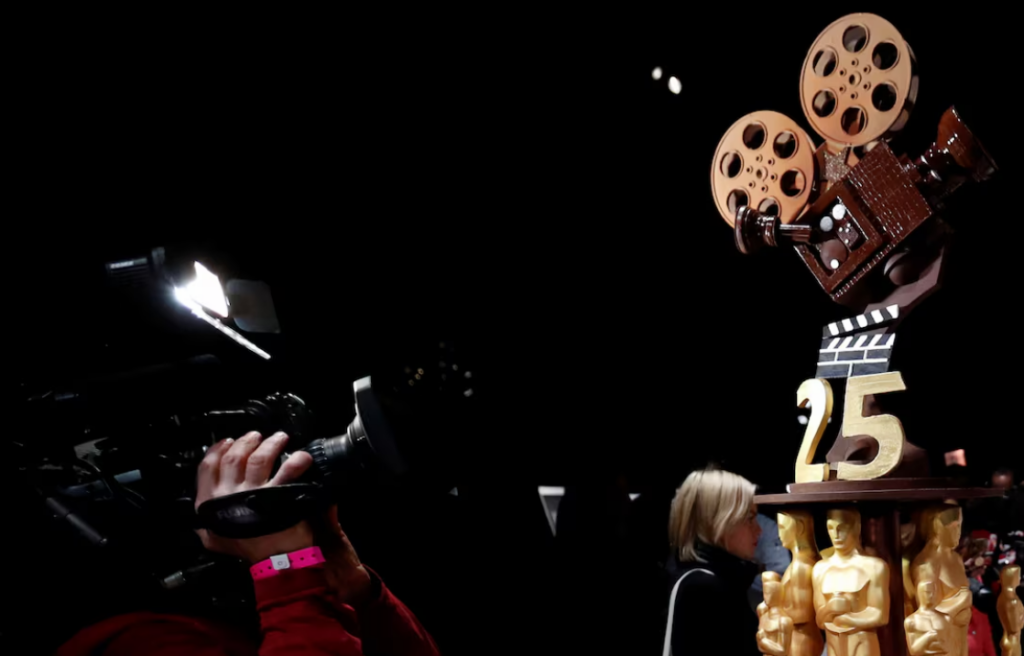
California’s Losing Streak
ProdPro asked industry leaders to name their top filming locations for the next two years. California ranked sixth. It fell behind Toronto, Vancouver, the UK, Central Europe, and Australia.
Unions and producers are urging Governor Gavin Newsom to expand California’s tax credits. They want a fair fight.
Part of a Larger Trade Conflict
This new tariff idea follows a trend from Trump’s previous administration. He often used trade policy to confront other nations, even if the result upset markets.
William Reinsch, a former senior U.S. trade official, said the blowback could be brutal. He now works at the Center for Strategic and International Studies.
“Retaliation will crush our movie industry,” he said. “We’ll lose much more than we gain.”
He added that it would be hard to make a case that movie production poses a national security risk or a true emergency.







